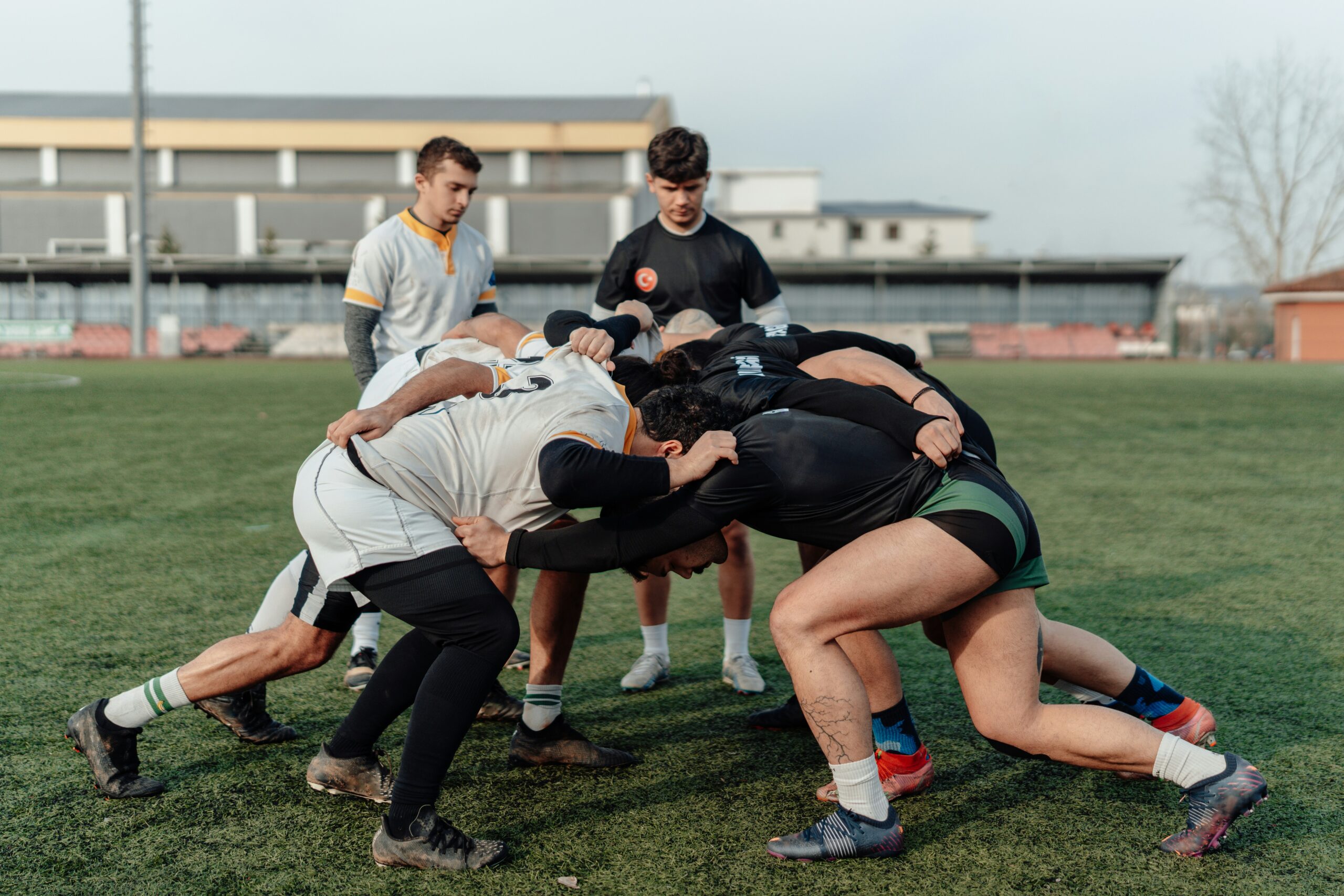
Athletic leadership plays a crucial role in fostering team success and individual growth. A leader in sports isn’t just about skill and experience; they are pivotal in guiding the team, motivating their peers, and setting a positive example for others to follow. The role of leadership within athletic teams transcends beyond winning games; it involves helping athletes develop into well-rounded individuals. This article explores the core principles of building effective athletic leadership, emphasizing the importance of strong communication, emotional intelligence, and mentorship within a sports setting.
The Importance of Communication in Athletic Leadership
Effective communication is the backbone of any successful athletic team. Leaders must relay messages clearly, actively listen, and foster an open team dialogue channel. When communication flows smoothly, athletes can better understand team goals, personal expectations, and strategies to succeed. Furthermore, athletes are likelier to follow a leader they feel genuinely heard by and connected to. Clear communication becomes even more critical in high-pressure situations as it helps maintain focus and direction.
Leaders who communicate openly are not only able to instruct but also provide constructive feedback. This feedback helps athletes understand their strengths and areas for improvement, which is essential for personal development. In a team setting, feedback isn’t just about individual performance; it’s about strengthening the entire team dynamic. Leaders who lead with transparency and clarity cultivate a culture of trust and respect. This environment encourages athletes to communicate with each other, which ultimately enhances teamwork and collaboration.
Building Emotional Intelligence to Lead Effectively
Emotional intelligence (EI) is another cornerstone of athletic leadership. A leader with high EI knows their emotions and understands how to manage them in various situations. Furthermore, they are attuned to the feelings of their teammates, allowing them to navigate complex dynamics and defuse potential conflicts. For athletic leaders, emotional intelligence is vital when dealing with the pressures of competition, injuries, or even off-field personal issues. A leader’s ability to empathize with teammates fosters community and emotional resilience within the group.
Emotional intelligence helps athletic leaders stay calm under pressure and make sound decisions, especially during critical moments in games or events. Leaders who display emotional maturity can keep the team’s morale high, even when facing adversity. They are skilled in reading the room and adjusting their approach based on the emotional state of their teammates. This adaptability helps ensure that the team remains united and focused on the goal at hand, no matter the circumstances. Building EI also involves knowing when to push a teammate to perform better and when to offer emotional support, creating a balance that promotes both growth and camaraderie.
The Role of Mentorship in Athletic Leadership
Mentorship is a key component in nurturing future leaders within an athletic team. An effective leader doesn’t just focus on their own development but also mentors others, guiding them through challenges and helping them unlock their potential. Mentorship allows leaders to pass on their knowledge and experiences to younger or less experienced athletes. Through mentorship, athletes learn the values of discipline, perseverance, and teamwork, which are crucial for individual and collective success.
Moreover, mentorship helps develop leadership skills within the team. As athletes grow and evolve, they naturally take on leadership roles, strengthening the team’s overall performance. A strong mentor encourages athletes to be the best version of themselves, pushing them to achieve their goals while ensuring they feel supported. By mentoring teammates, athletic leaders create a ripple effect where leadership qualities are shared and passed down through the group, ensuring the team’s future success.
Cultivating a Positive Team Culture
Athletic leaders are also responsible for fostering a positive team culture. A culture built on mutual respect, inclusivity, and hard work is essential for maintaining high motivation and unity. Leaders must model positive behaviors, set high standards, and enforce them consistently, not just when things are going well but also during times of challenge. A positive culture encourages athletes to remain accountable to themselves, their teammates, and the team’s mission.
Leaders influence the atmosphere of the team by how they interact with others, resolve conflicts, and promote shared values. By prioritizing respect, inclusivity, and work ethic, athletic leaders ensure that every athlete feels valued, no matter their role. This cultural foundation helps teams remain resilient in adversity, keeping morale high and enabling them to persevere during challenging moments. When a team’s culture is grounded in positivity and mutual support, they become more than just a group of individuals—they become a unified force working toward a common goal.
Leadership and Accountability: Ensuring Team Success
Lastly, accountability plays an indispensable role in athletic leadership. Leaders must hold themselves and their teammates accountable for their actions on and off the field. Accountability is essential for maintaining high-performance standards and fostering a sense of responsibility within the team. Leaders must set an example by adhering to team values, consistently working hard, and demonstrating integrity. This level of accountability ensures that every team member remains committed to their goals and personal development.
In addition to self-accountability, athletic leaders must encourage group accountability. This means helping teammates understand the impact of their actions on the team’s overall success. Leaders who prioritize accountability inspire their teammates to give their best effort, not just because they are expected to but because they understand how their contribution directly impacts the team’s success. This commitment to accountability ensures that the team remains focused and motivated, working together to achieve shared victories.
Building effective athletic leadership requires more than just natural talent or experience; it involves the development of communication skills, emotional intelligence, mentorship, and a positive team culture. Through leadership, athletes learn essential life skills that extend far beyond the playing field, fostering teamwork, resilience, and accountability. Strong athletic leaders play a crucial role in shaping sports teams’ future by nurturing individual growth and collective success. By embracing these key principles, athletes can cultivate leadership qualities that inspire their teams, helping them achieve greatness in sports and life.